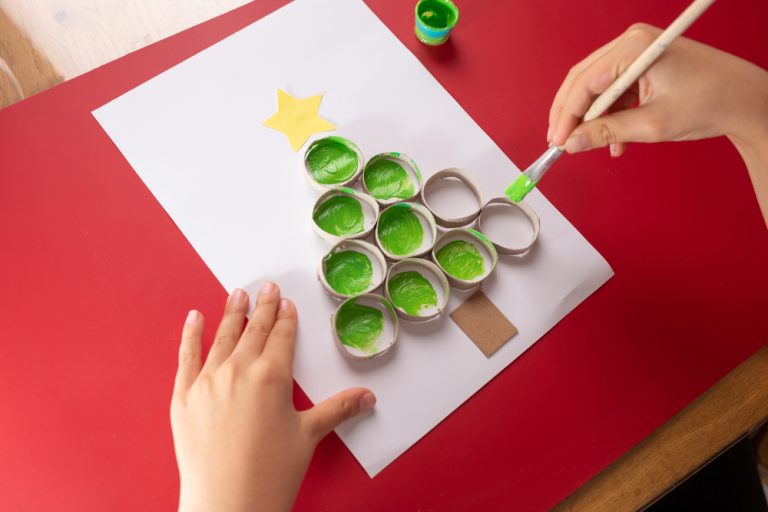Are we jeopardising the bank of Mum & Dad?
The temptation is obvious. Soaring house prices have made buying a home tough for most home buyers and prompted many parents to think they should step in and make a…

The temptation is obvious. Soaring house prices have made buying a home tough for most home buyers and prompted many parents to think they should step in and make a…

Just as the Grinch stole Christmas, excess spending can rob us all of yuletide happiness. Seasonal credit card splurges can create ballooning long term debt, while unnecessary consumption inevitably leads…
End of content
End of content